Rust and Corrosion
Protection against rust and corrosion is the primary reason to use marine motor oil in your boat or personal watercraft engine. Despite what most people might naturally assume, motor oils have no natural ability to protect against rust or corrosion. Instead, special rust and corrosion inhibitors must be added to the formulation to provide the required protection. Most oils simply don’t contain the correct additives in the correct concentration.
During engine operation, a layer of oil coats engine parts and the crankcase walls. The lubricant film protects against rust and corrosion as long as it remains in place. However, after you shut down the motor for the day, gravity draws the oil back down into the oil sump, leaving components unprotected.
The longer the engine sits, the more likely rust and corrosion will form. Since cars and trucks are typically driven daily, rust and corrosion largely isn’t a concern. As such, most automotive motor oils don’t contain sufficient rust and corrosion inhibitors for marine engines.
Once rust begins to form, it doesn’t stop. Rust can slowly spread to the crankshaft journals, cylinder wall, piston rings and other areas. Rust acts like sandpaper and scours metal surfaces until engine failure results. Rust can also prevent the piston rings from forming a good seal against the cylinder wall, which reduces compression and leads to power loss.
It is vital to use a motor oil formulated with anti-rust and anti-corrosion additives in your marine engine.
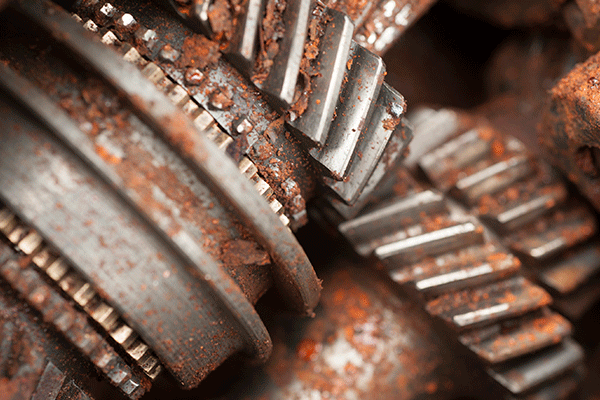
Aluminum parts may not rust, but they can corrode, especially in marine motors constantly exposed to humid air. All cylinders aren’t completely sealed when the engine shuts down, allowing damp air to infiltrate the combustion chamber and cause aluminum pistons to corrode. Corrosion on the piston crown invites conditions that can lead to pre-ignition detonation, a phenomenon where the fuel/air mixture ignites sporadically and potentially causes catastrophic engine failure.
Marine motor oils are specifically formulated with anti-rust and anti-corrosion additives to protect your boat’s engine. These additives form a resilient protective layer that clings to engine parts for maximum protection. Make sure you choose a dedicated marine motor oil to prevent rust.

Fuel Dilution
Fuel dilution is another problem many boat owners don’t think about. Fuel leaking into the oil sump is especially problematic in marine engines compared to other engines.
Outboard motors and personal watercraft typically use lake or river water for cooling. When started, the engine draws water into the cooling system and circulates it throughout. Marine engines generally take longer to warm up than engines with a closed cooling system that uses a radiator and coolant.
A cold engine can prevent the rings from sealing completely. More clearance between the ring and cylinder wall allows fuel to leak into the oil sump, diluting the oil and reducing its ability to protect against wear. Be sure to choose a dedicated marine motor oil to keep the cold engine lubricated and minimize fuel dilution.
AMSOIL maximizes your marine engine’s performance and life, so you can stay on the water longer!
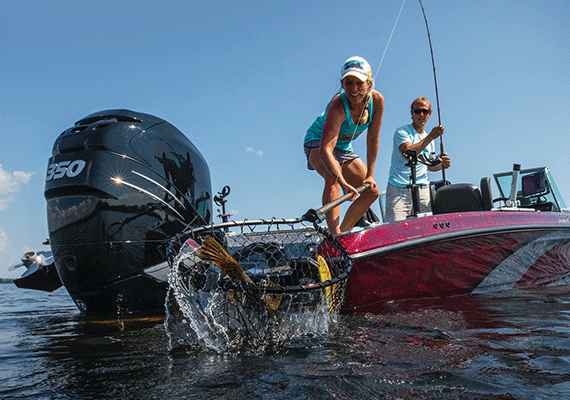
Increased Stress
Adding to the challenge, marine motors are constantly under load, which physically damages the structure of conventional motor oil, reducing the oil’s ability to guard against mechanical wear.
Consider that a typical marine motor propelling a boat at 30 mph operates around 5,000 rpm. Compare that to an automotive engine, which runs about 2,000 rpm at 60 mph. Unlike automotive engines, which shift gears to reduce engine speed and rpm, boat motors only run in forward or reverse, putting more stress on the oil’s ability to both cool and lubricate the engine under load.
That increased stress requires a robust oil formulated to withstand the shearing conditions inside the engine. An improperly formulated oil loses viscosity, becoming thinner under stress and heat, which prevents the oil from forming a durable lubricating film that protects against wear on moving parts. Always choose a dedicated marine motor oil designed for the increased engine stress found in marine environments.
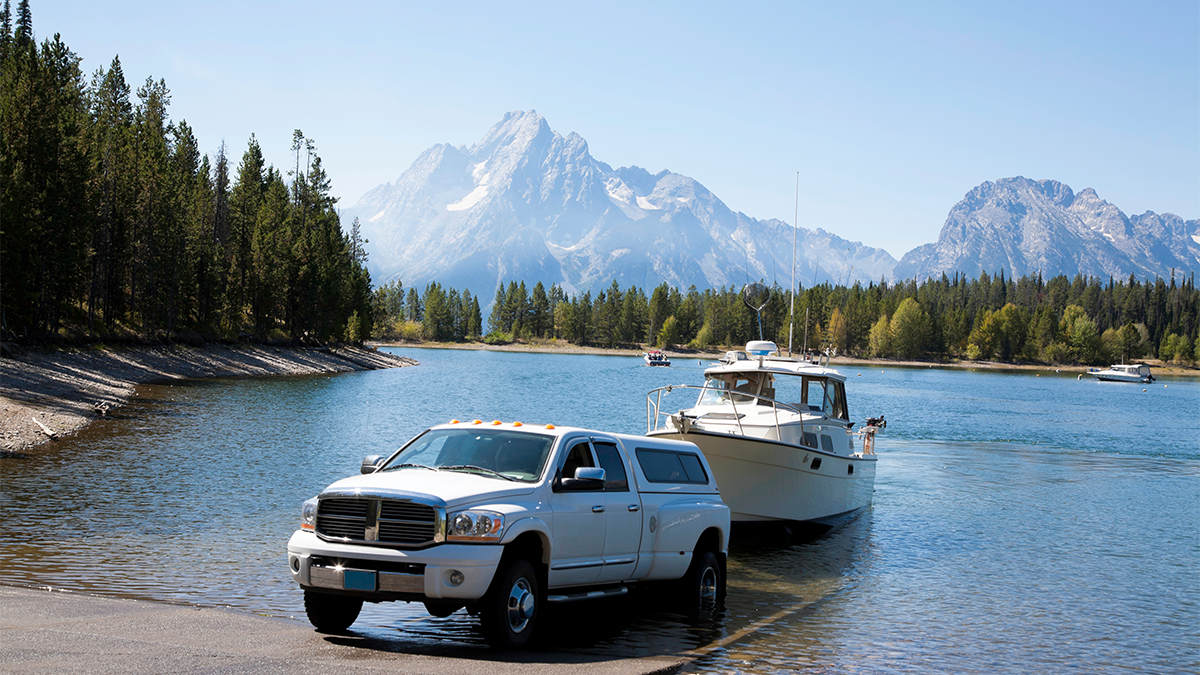

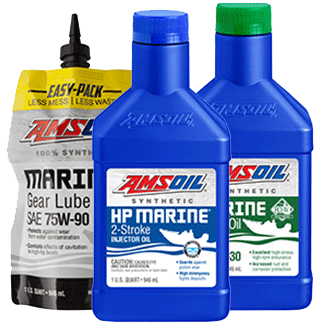
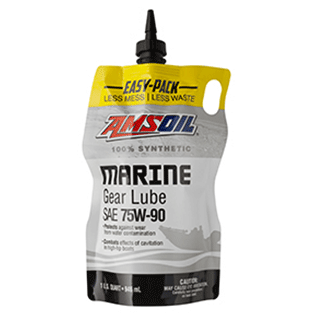

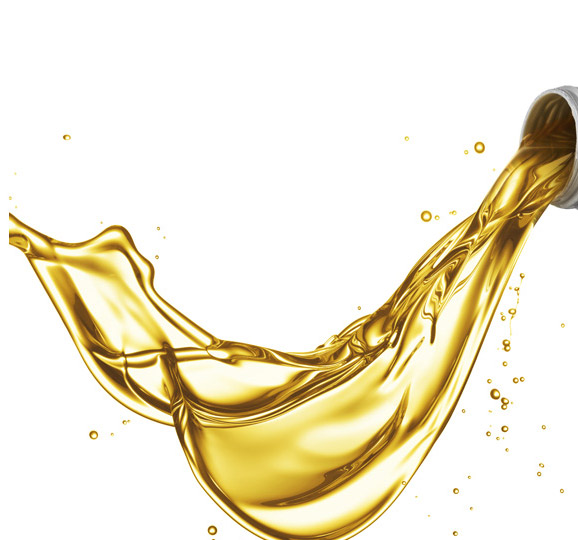
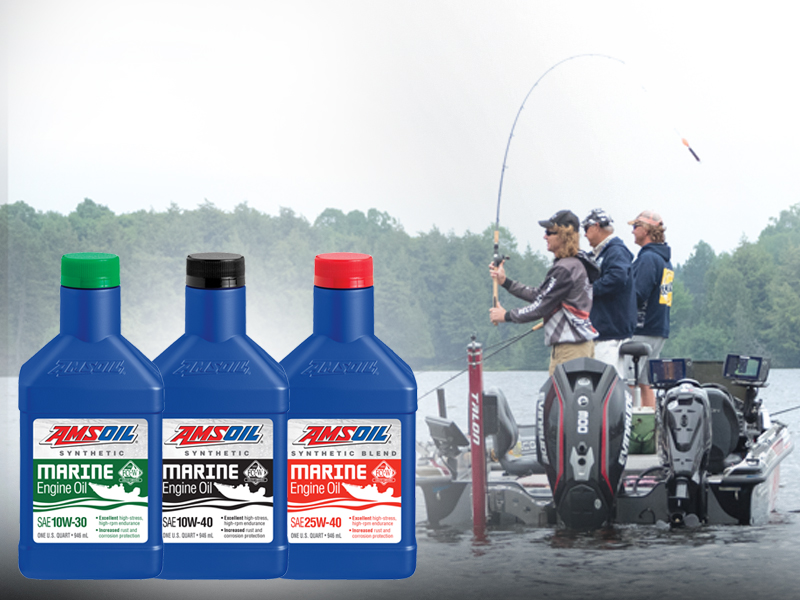
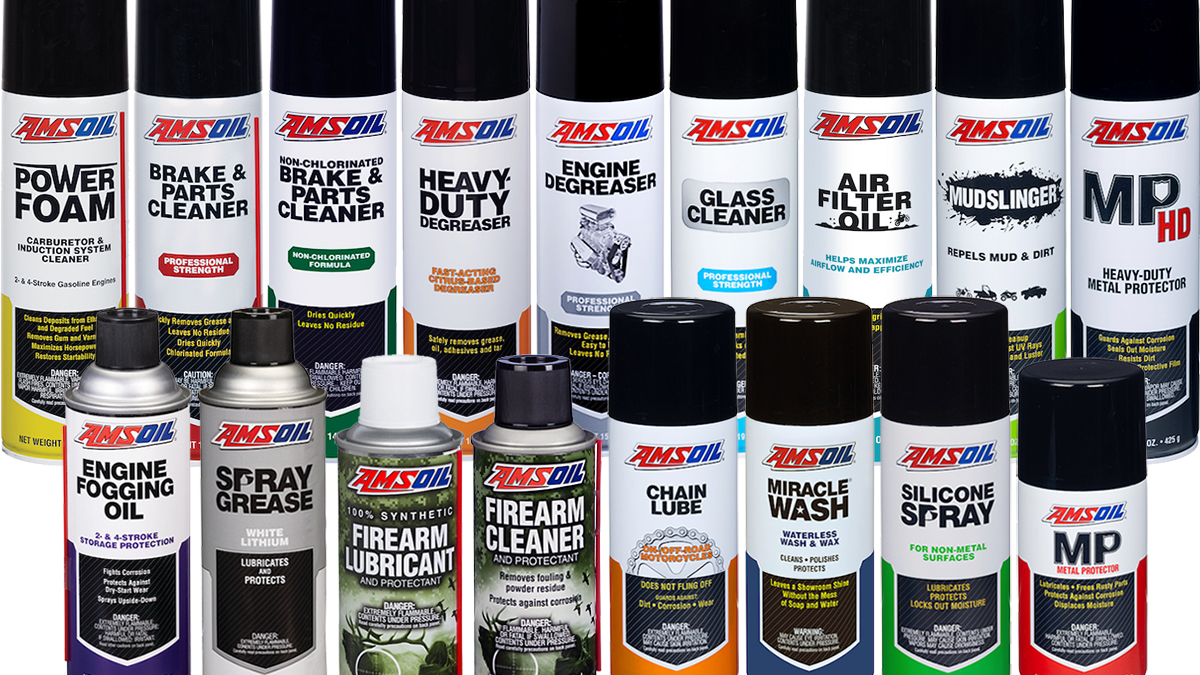

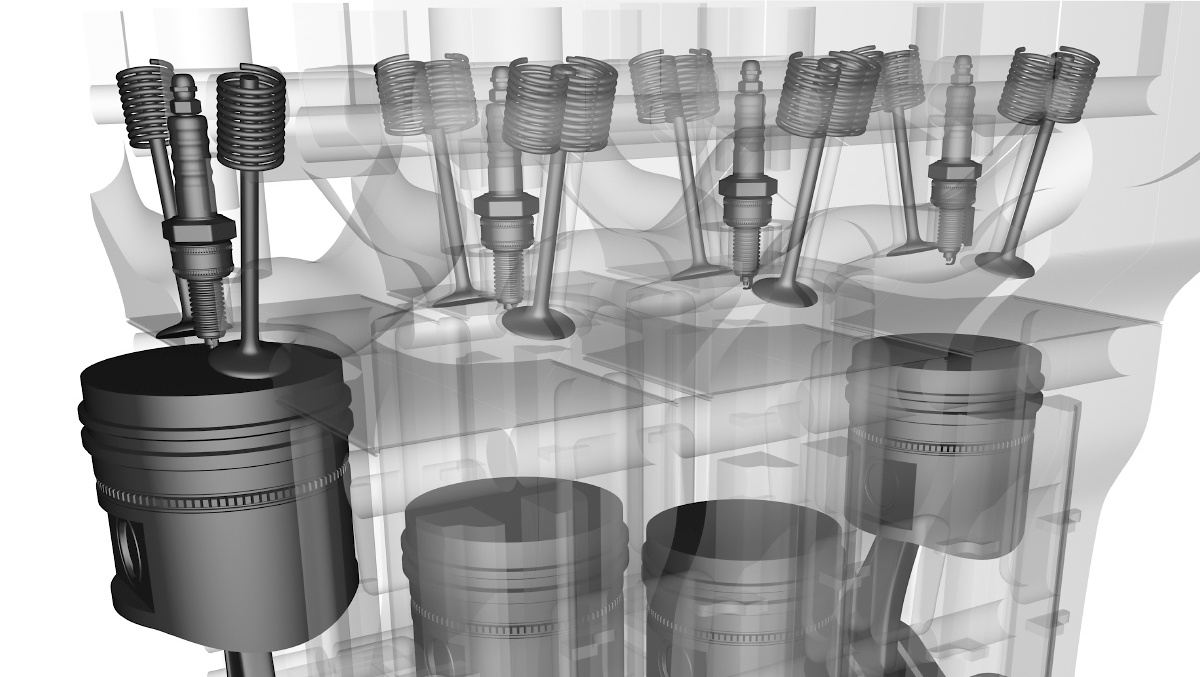
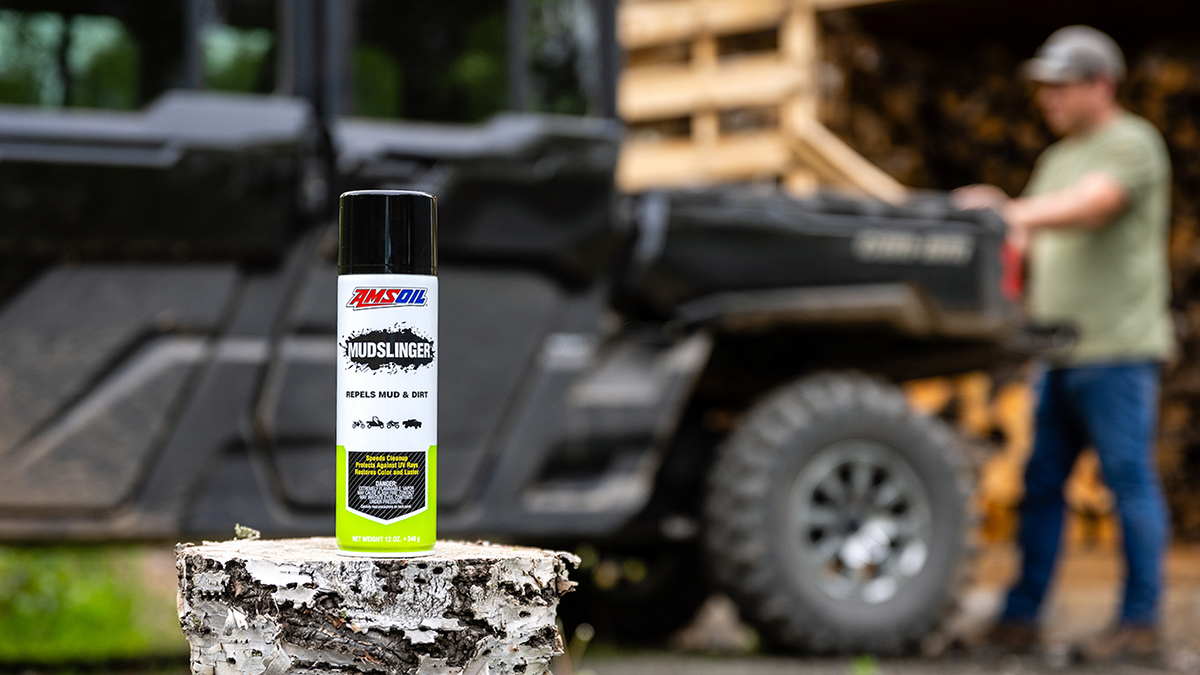
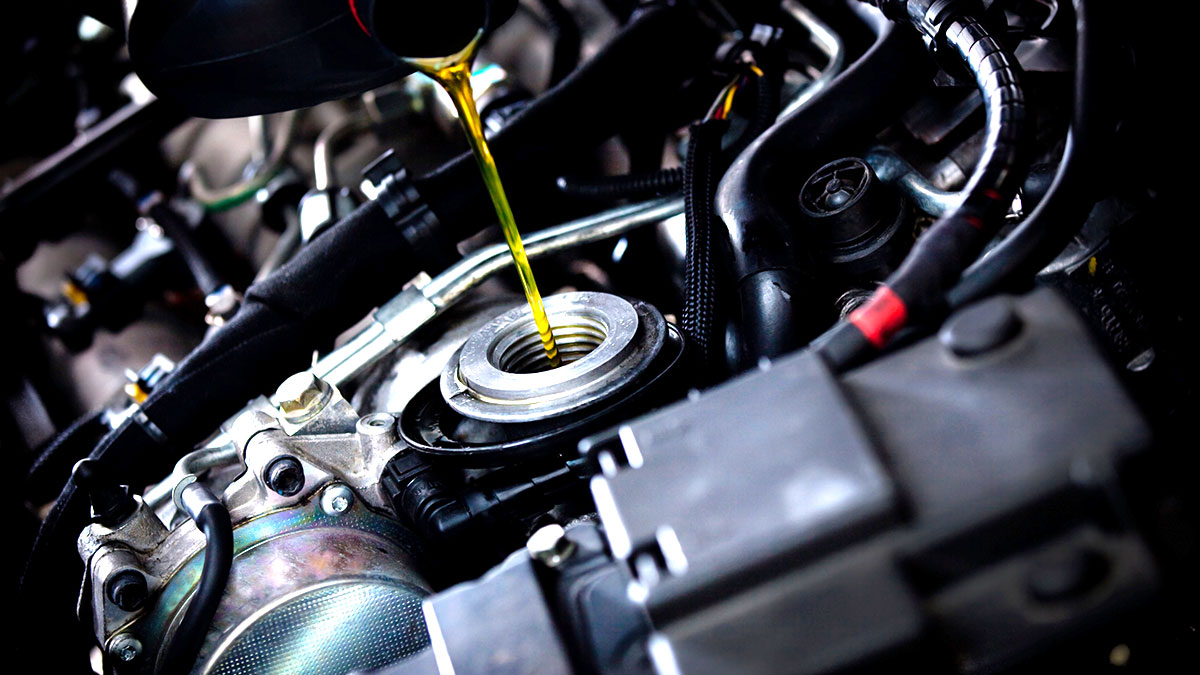
Comments
AMSOIL Technical Writer and 20-year veteran of the motorcycle industry. Enjoys tearing things apart to figure out how they work. If it can’t be repaired, it’s not worth owning.
Share: